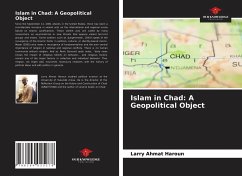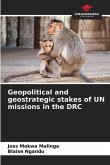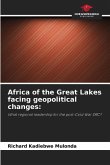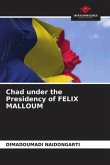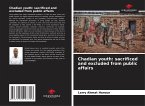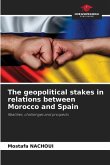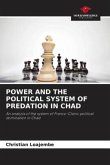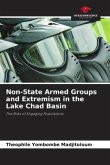Since the September 11, 2001 attacks in the United States, there has been a considerable increase in violent acts on the international and regional scene based on Islamic justifications. These violent acts are called by many researchers as asymmetrical or new threats that oppose violent terrorist groups and states. Some authors such as (Jurgenmeyer, 2003) speak of the resurgence of the Islamic factor in political, cultural, or identity-based claims. Mayer (2005) also notes a resurgence of fundamentalists and the ever central importance of religion in national and regional conflicts. There is no human community without religion. And as René Dumond aptly notes, "daily news shows the impact of religious beliefs on behavior... and religious factors remain one of the major factors in collective and individual behavior. Thus religion, we might add, nourishes necessary relations with the history of political ideas and with politics in general.

